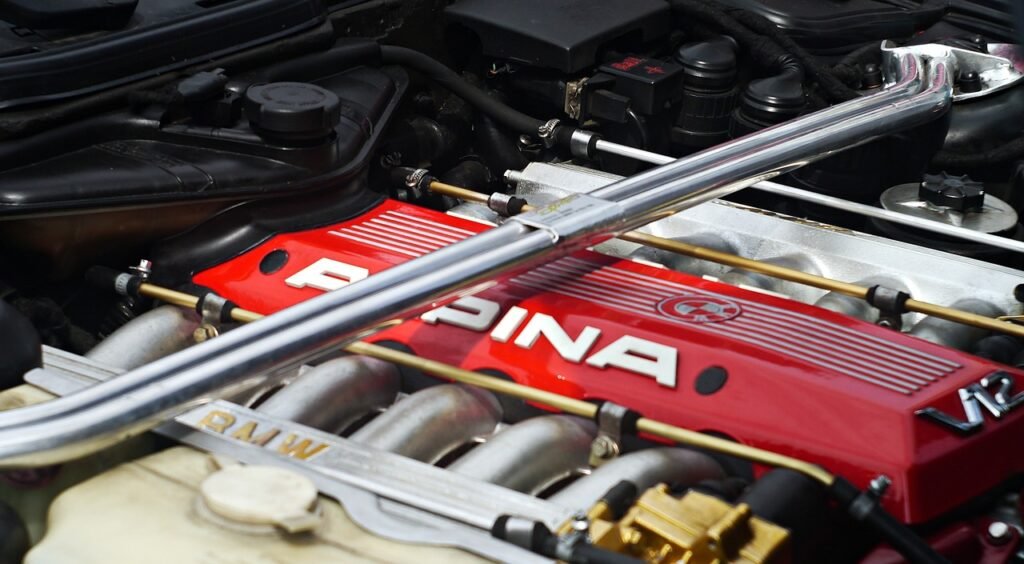As I write this in January 2024 the upper Midwest where I live has experienced the warmest winter ever. We normally have a thick blanket of snow on the ground by now that will last into April and experiencing temperatures below 0F. However, I know it will not last and we will pay for these mild temperatures eventually.
As the winter season brings colder temperatures, many car owners wonder whether it is necessary to let their engine warm up before driving. In the past, it was common to have a block heater installed to warm up the engine block. However, with advancements in engine technology and the use of synthetic or synthetic-blend engine oil, the need for a block heater has diminished. In this article, we will explore whether letting your engine warm up is still a good practice in cold weather.
In the old days, petroleum-based oils were used in engines, and the cold temperatures caused the oil to thicken, resulting in low viscosity. This made it difficult for the oil to quickly lubricate critical engine components, potentially leading to premature wear. To combat this, block heaters were used to warm up the engine block and ensure proper lubrication.
Today, most cars require synthetic or synthetic-blend engine oil, which remains highly fluid in all but extremely cold temperatures. The improved viscosity of these oils allows them to circulate easily throughout the engine, providing adequate lubrication from the moment you start your car. As a result, the need for a block heater has significantly decreased.
However, in temperatures below 10 degrees Fahrenheit, it is still recommended to let your engine run for about 60 seconds before driving. This brief period allows the oil to fully circulate through the engine, reducing any potential premature wear caused by lack of lubrication. Once you start driving, it is advisable to let the engine warm up for a couple more minutes before engaging in any hard acceleration. Remember that regular oil changes are crucial for maintaining the health of your engine regardless of the outside temperature and is critical to ensure that your engine is supplied with clean and properly lubricating oil.
It is important to note that letting your car warm up for an extended period is unnecessary and wasteful. Not only does it consume more fuel, but it also increases the emissions produced by your vehicle. Modern engines are designed to warm up efficiently while driving, so there is no need to let your car idle for an excessive amount of time.
In conclusion, even with new engine technology and the use of synthetic or synthetic-blend engine oil, it is still beneficial to let your engine warm up for a short period in extremely cold temperatures. Allowing the oil to circulate through the engine before driving helps reduce premature wear. However, it is important to avoid excessive idling, as it wastes fuel and increases emissions. By following these guidelines and maintaining regular oil changes, you can protect your engine and enjoy reliable performance even in the coldest of winters.

